
It’s difficult to discuss this enduring 1970s acoustic soul singer without referencing one of my favourite jokes, so let’s get it out of the way first, shall we?
How do you turn a duck into a soul singer?
Put it in the microwave until its bill withers.
Bill Withers was born in the small mining town of Slab Fork in Wes Virginia. He was a relatively latecomer to the music industry – he spent his twenties in the navy and manufacturing aeroplane toilets. His debut Just As I Am was released in 1971, at the age of 32, and contained the iconic ‘Ain’t No Sunshine’. 1972’s more confident Still Bill followed in 1972, and contained another standard in ‘Lean On Me’.
Withers continued having hits like ‘Lovely Day’ and ‘Just The Two Of Us’, before bowing out of the music industry with 1985’s Watching You Watching Me. Withers’ music is eminently likeable – he exudes wisdom and humility that’s rare in popular music. His early records transcend genres intuitively – he’s bridging the gap between acoustic singer-songwriter and soul. While his catalogue isn’t as deep and rich as some of his contemporaries, his early albums are excellent and among the best of their era.
Bill Withers Album Reviews
Favourite Album: Just As I Am
Just As I Am | Still Bill | Live At Carnegie Hall | +’Justments | Making Music | Naked & Warm | Menagerie | ‘Bout Time | Watching You Watching Me
Just As I Am

1971, 9/10
Bill Withers was 32 years old when he recorded his debut album – it was recorded in a few spread-out sessions, as his cash strapped record label could afford studio time. He’s accompanied by Booker T. and the MGs, while Stephen Stills contributes some lead guitar. Particularly on Just As I Am, Withers’ acoustic soul bridges the gap between singer-songwriter introspection and soulful vocals and grooves to create an album with universal appeal. Withers’ maturity gives him gravitas, wisdom and grace that’s not common in popular music. Songs like ‘Grandma’s Hand’ with their focus on tradition and heritage are profound and heartfelt.
The key song is ‘Ain’t No Sunshine’; it’s such a standard that it’s easy to forget how idiosyncratic it is – the bridge is Withers simply repeating the phrase “I know” ad infinitum. ‘Grandma’s Hand’ is the other standout, with Withers telling the story of his grandmother’s influence on his life. There are also notable covers – Fred Neil’s ‘Everybody’s Talking’ and The Beatles’ ‘Let It Be’, while there’s a pep talk to himself in ‘Do It Good’, social commentary in ‘Harlem’, and resigned tales of broken love in ‘I’m Her Daddy’ and ‘Hope She’ll Be Happier’.
Just As I Am is a very strong, and somewhat overlooked, debut – there’s far more to Withers than a few hit singles, and there’s a full album of worthwhile material here.
Still Bill

1972, 8.5/10
For his sophomore album, Withers collaborated with members of Charles Wright’s Watts 103rd Street Rhythm Band. Still Bill is more confident-sounding, which means that it loses some of the intimacy of the debut. There’s less of the acoustic soul of Just As I Am and more funk grooves; it’s another very strong, and very underrated album, it’s just not quite as unique as the debut.
The enduring song from Still Bill is ‘Lean On Me’ – it’s subsequently translated into dance and hip hop versions, but Withers’ version is endearing, written about the loss of community he felt after leaving his hometown of Slab Fork, West Virginia. The groove-based songs that follow ‘Lean On Me’ are also strong – ‘Use Me’ is a nuanced tale of a bad relationship, while ‘Kissin’ My Love’ rides a laid-back shuffle – while there are still delicate, heartfelt songs like ‘Let Me In Your Life’. ‘Who Is He (And What Is To You)?’ is surprisingly paranoid from the usually genial Withers.
Still Bill isn’t quite as distinctive as Withers’ debut, but it’s a fine followup – both albums have been lost a little in the shuffle of great albums from the early 1970s, but are well worth discovering.
Live At Carnegie Hall

1973, 9/10
Live At Carnegie Hall is a celebrated double live album, and for good reason. It’s a strong document of Withers’ early solo career, showcasing his unique mixture of confidence and humility. It covers enough of Withers’ early highlights that it’s a good one shopping solution for him – although I’d recommend it as a complement to his studio albums, as five of the fifteen songs are Bill Withers’ compositions that aren’t on any of his studio albums.
Some of these songs are transformed in a live setting – for example ‘Better Off Dead’ is much punchier in this live rendition, while ‘Harlem/Cold Baloney’ is transformed into a fourteen-minute soul epic. And it captures the essence of Withers, and some of his stage chat is as memorable as his songs – in ‘Grandma’s Hands’ he recalls how lively his grandmother’s church was: “At the funeral, they used to have to tie the caskets down!”
Live At Carnegie Hall is as valuable as Bill Withers’ studio albums, and it’s one of the few live albums that’s essential, not just to Bill Withers’ fans but as a document of 1970s soul.
+’Justments

1974, 6.5/10
I’ve always been curious as to why the first two Withers albums, along with Live At Carnegie Hall, receive all of the attention, so I went an album deeper into his discography with 1974’s +’Justments. It’s not dissimilar from what I was expecting – +’Justments is enjoyable, but without the amazing songs that peppered earlier records. Withers is coasting on a great band, relaxed grooves and his low key, charming presence. Withers produces along with Melvin Dunlap and James Gadson, who are also the record’s rhythm section.
Particularly redundant is ‘Make A Smile For Me’, effectively a facsimile of ‘Let Me In Your Life’ from Still Bill. The most fascinating song on +’Justments is ‘Railroad Man’, which stretches out over six minutes and expresses angry nostalgia about Withers’ childhood in West Virginia. José Feliciano guests on congas on ‘Railroad Man’ and also contributes guitar on ‘Green Grass’. Actress Denise Nicholas, whom Withers was briefly married to in the early 1970s, is credited as the writer of ‘Can We Pretend’.
+’Justments is a nice record, but it’s disappointingly light on songwriting after Withers’ earlier gems.
Five Favourite Bill Withers’ Songs
Ain’t No Sunshine
Grandma’s Hands
Lean On Me
Use Me
Who Is He (And What Is He to You)
Back to 1970s Album Reviews….
4 Comments
Leave a Reply
Related Pages
About
Aphoristic Album Reviews is almost entirely written by one person. It features album reviews and blog posts across a growing spectrum of popular music.
Review Pages
Read about the discographies of musical acts from the 1960s to the present day. Browse this site's review archives or enjoy these random selections:
Blog Posts
I add new blog posts to this website every week. Browse the archives or enjoy these random selections:
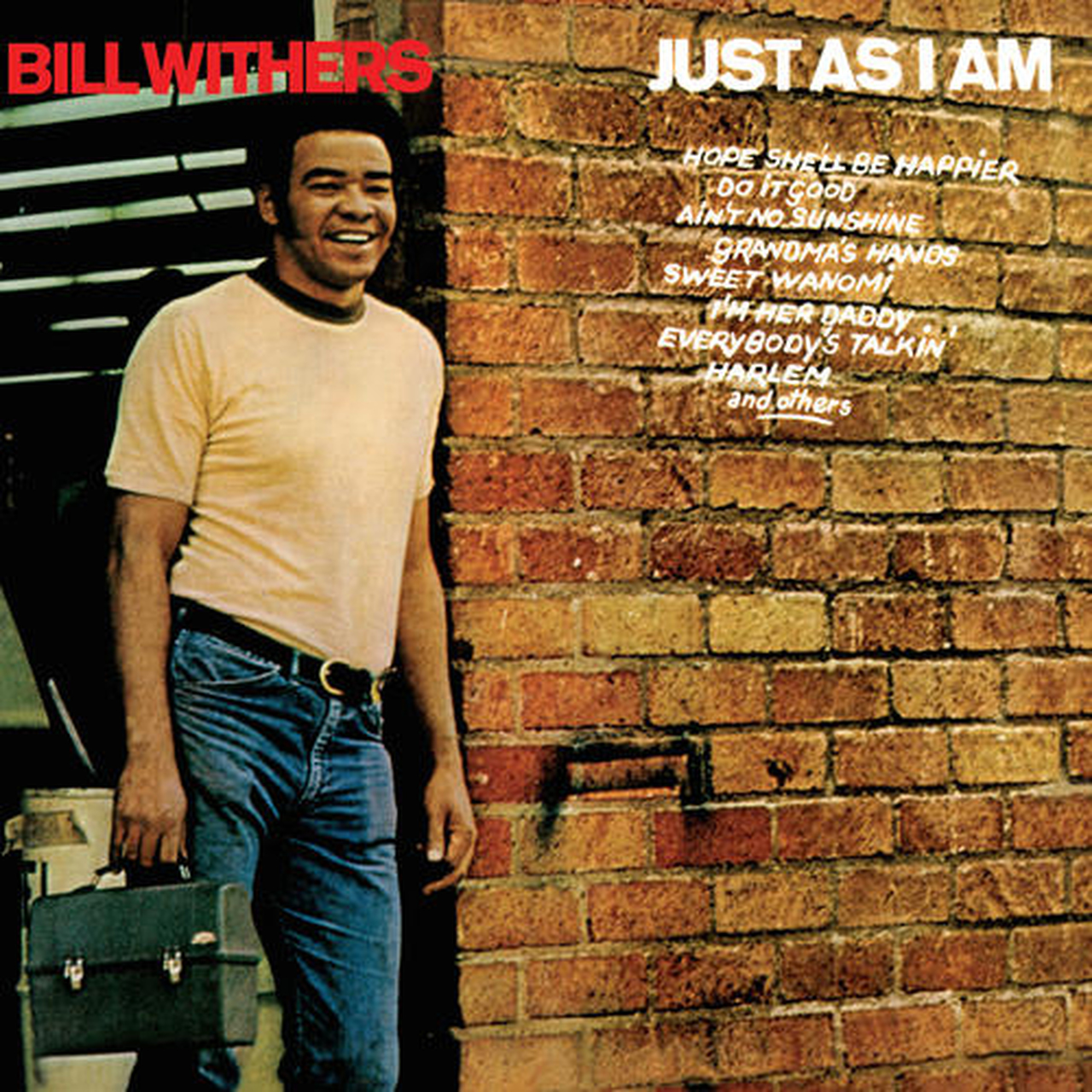
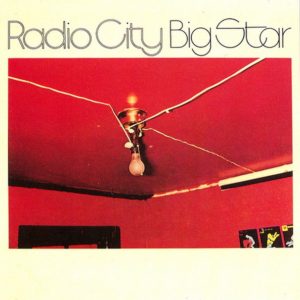
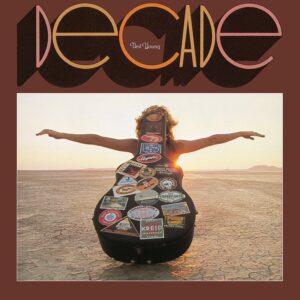
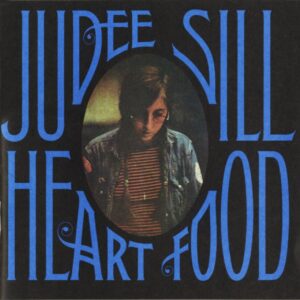
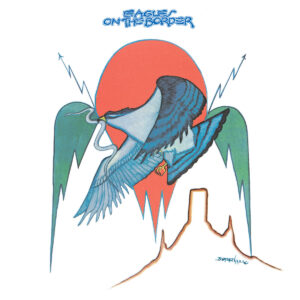
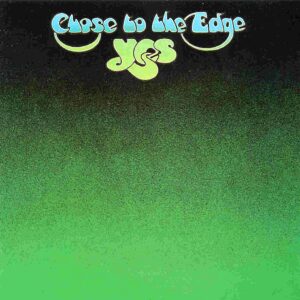
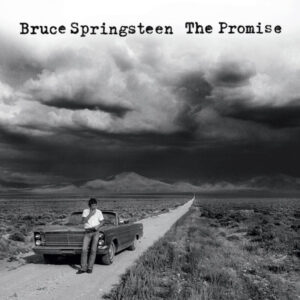
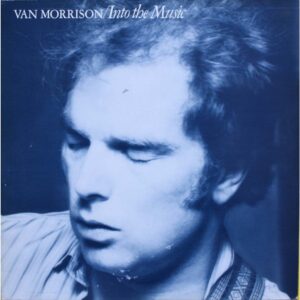
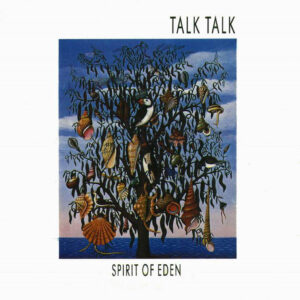

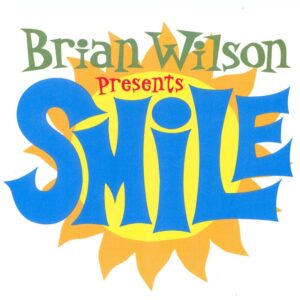
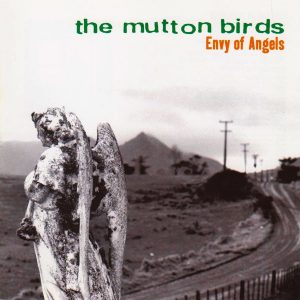
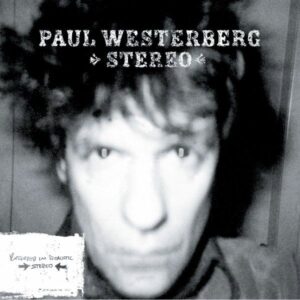
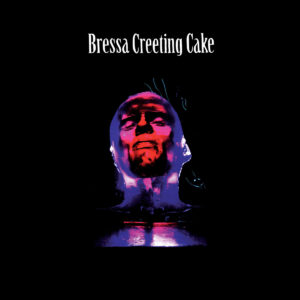



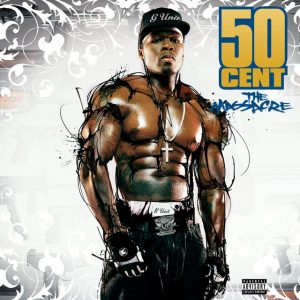
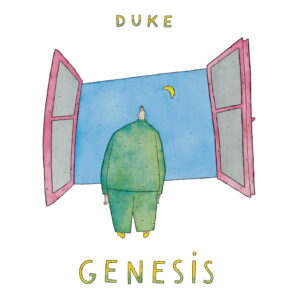
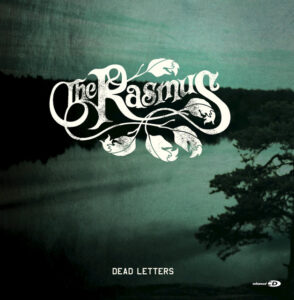




I enjoyed his debut album quite a bit. I thought it was going to be as good as Al Green’s Call Me. Not quite, not quite. Didn’t really like his second album and haven’t really given his live album its fair share (because I’ve been listening to At Folsom Prison and TVZ’s incredible live album from the 70s). Again, yet another fantastic overview of a soul giant.
Withers and Green are sort of different types of artists I think – Withers is stripped back and often acoustic and often going for authenticity, while Green is smooth and gorgeous. Both awesome, but feels a little bit apples and oranges.
RIP. Thanks for the breakdown of his career. Haven’t listened to his stuff aside from the obvious radio hits. I recently discovered the mid 70s Womack and Withers duet “It’s All Over Now” which is arguably the best version of the song: https://www.youtube.com/watch?v=cyeWMb_VNrg
Yup, I bought a CD twofer of Just As I Am/Still Bill years ago, and that was a bonus track.
Those first two albums and the live one are all very good – I should probably give his later work a chance sometime too, since there’s not that much of it.